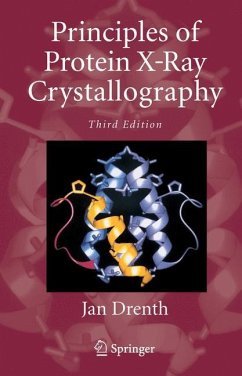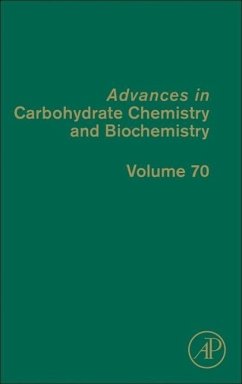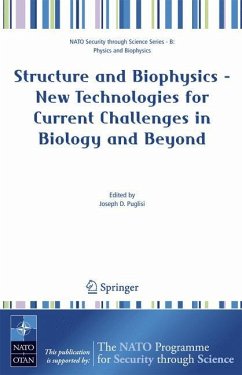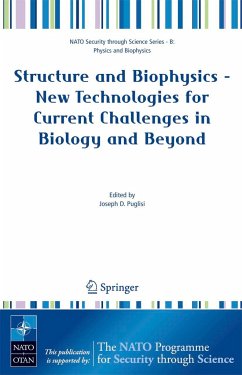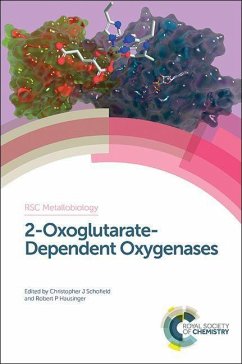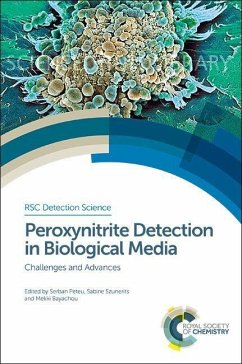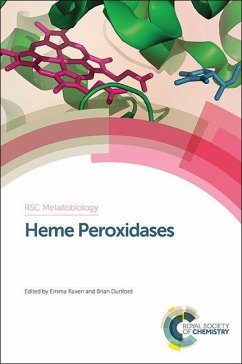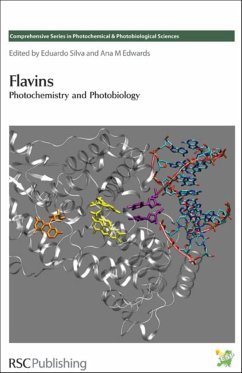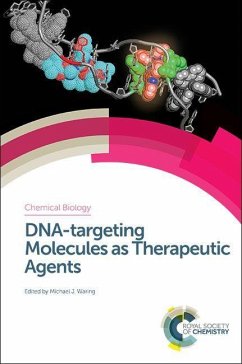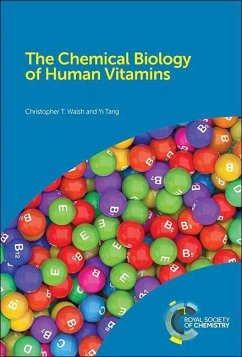
Molecular Aspects of Innate and Adaptive Immunity
Versandkostenfrei!
Versandfertig in über 4 Wochen
153,99 €
inkl. MwSt.

PAYBACK Punkte
77 °P sammeln!
This book provides a survey of topics, in the area of innate and adaptive immunity, which have been researched within the MRC Immunochemistry Unit, at Oxford University, over a period of forty years. The topics include: -antibody structure - for which the first Director of the Immunochemistry Unit, Professor RR Porter, was awarded a Nobel prize in 1972 -the characterization of membrane proteins on lymphoid cells - leading to the concept of these molecules belonging to an immunoglobulin super family -the proteins of the human serum complement system - one of the body's major defences against mi...
This book provides a survey of topics, in the area of innate and adaptive immunity, which have been researched within the MRC Immunochemistry Unit, at Oxford University, over a period of forty years. The topics include: -antibody structure - for which the first Director of the Immunochemistry Unit, Professor RR Porter, was awarded a Nobel prize in 1972 -the characterization of membrane proteins on lymphoid cells - leading to the concept of these molecules belonging to an immunoglobulin super family -the proteins of the human serum complement system - one of the body's major defences against microbial infection - the human cell -surface integrins and the hyaluronan- binding proteins, which are involved in regulation of inflammation at cell surfaces and within the extracellular matrix -the family of collectin molecules - containing distinct globular carbohydrate -binding domains linked to collagen-like regions - which play important roles in innate immunity in the lungs and bloodstream by immediate recognition and clearance of microbial pathogens Each chapter in the book gives a brief historical background to a topic and then provides a survey of recent advances in the field and are written by internationally recognised renowned experts. The theme running through the chapters is that of protein structure-function relationships - including, amongst other things, a description of the mechanism of how the reactive thiol ester bonds, found in the complement system components C3 and C4, are activated to allow the covalent binding of these proteins to suitable targets on microbes. Molecular Aspects of Innate and Adaptive Immunity is aimed primarily at established senior research scientists, postdoctoral research scientists and PhD students who have an interest in proteins of the immune system. However, the wide range of immunity system topics, while staying broadly within innate/adaptive immunity will also appeal to a wider audience.





